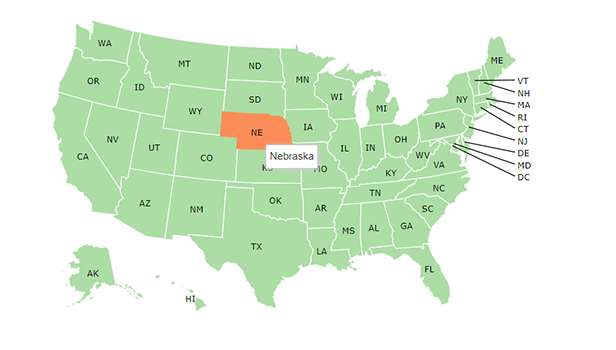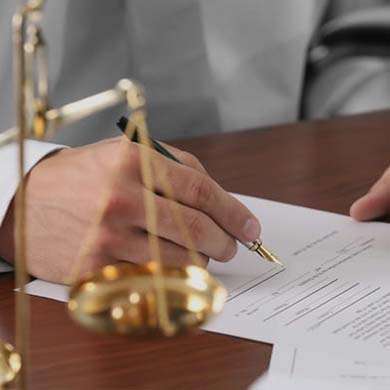File Small Claims Court in Nebraska
In Small Claims Court of Nebraska, any individual, business or corporation may bring a small claims suit for the recovery of money only where the amount owed is $3,500 or less. Attorneys are not allowed. Judgments in Small Claims Court may not exceed $3,500.

Nebraska Small Claim Filing
Why do you waste your time energy after a small claim? We are here to take pain for you. We are literate enough about the Small Claims Court System. We will get your claim filed and make you free from worries. We file Nebraska Small Claim in the relevant court. We provide proof after the task is completed. Our policy provides individuals and companies peace of mind.
Suing Someone in Nebraska Court Or Being Sued?
We, in Nebraska Small Claim filing offer in case if you want to file a case against somebody, we can help by:
- Serving Your Small Claims Papers Before The Deadline.
- Serve Your Claim In Proper Legal Way for Nebraska Court.
- Fill Your Proof With The Bennington Court.


In case you are sued, we talk to the relevant person or company to settle things down. We appeal your small claim judgment as well.
E-Filing Services inNebraska
Small Claim Nebraska E-file your legal documents to Nebraska courts that accept E-Filling on your behalf.
Recent Cases Filed in Nebraska Small Claims Court
Small Claims For Bad Cheque Or Payment in Nebraska
File Small Claims in Bennington For Security Deposit
In Nebraska Small Claim, if your former landlord refuses to return the security deposited you paid, we offer our services.
Nebraska Small Claims Filing if Refusing To Pay After A Car Accident
If someone ruins your car in Nebraska and refuses to pay for its repair, you can file small claims to recover your car accident damage. Small claims filingprepares all the documents to file a small claim in Nebraska court.
Direct Legal Small ClaimService inNebraska
We provide full service of handling of writs both state and federal.
Court Filling Small Claim Nebraska Services
Throughout Nebraska in the small claims, we offer services to accommodate on the same day, next day or routine service.
Who Can Sue Small Claim In Court Nebraska?
Those who can claim for Small Claim Nebraska are listed below:
- Married Couples can file small claims in Bennington court.
- Business Partnerships can also file small claims
- Corporations can file small claims
- Government Agencies can file small claims
- Motor Vehicle Claims can be handled
- Minors can also file small claims in the court of Nebraska
- Prisoners can file small claims
- Bill Collectors can also file small claims in Nebraska
How Much Does It Cost To File A Small Claim Court, Nebraska?
There is a $30 filing fee for a case asking for up to $1500. To claim over $1500, and up to $5,000, there is a filing fee of $50. If your claim is above $5,000, the filing fee is $75. If you file more than 12 cases in a year, subsequent cases will cost $100.




